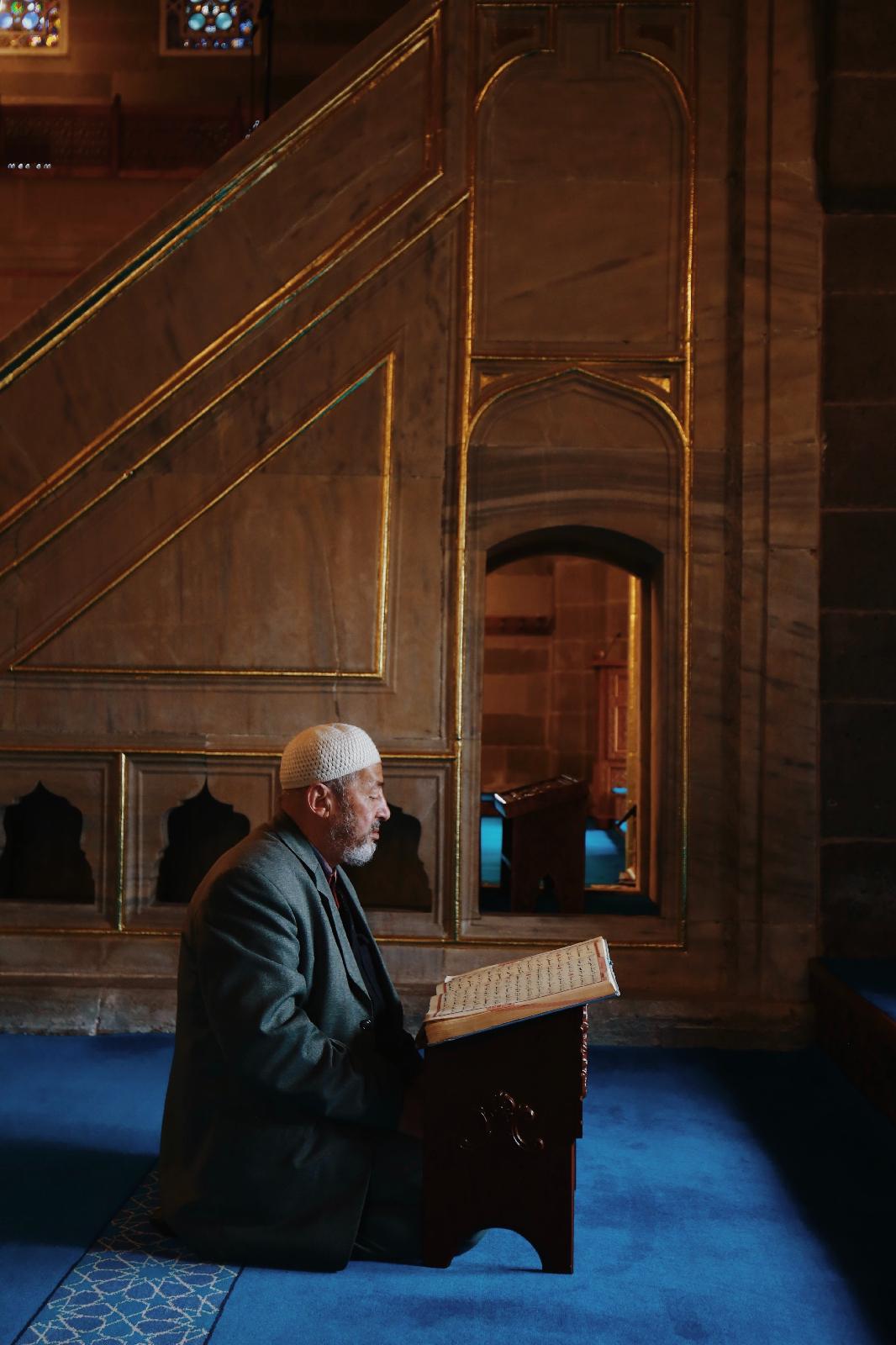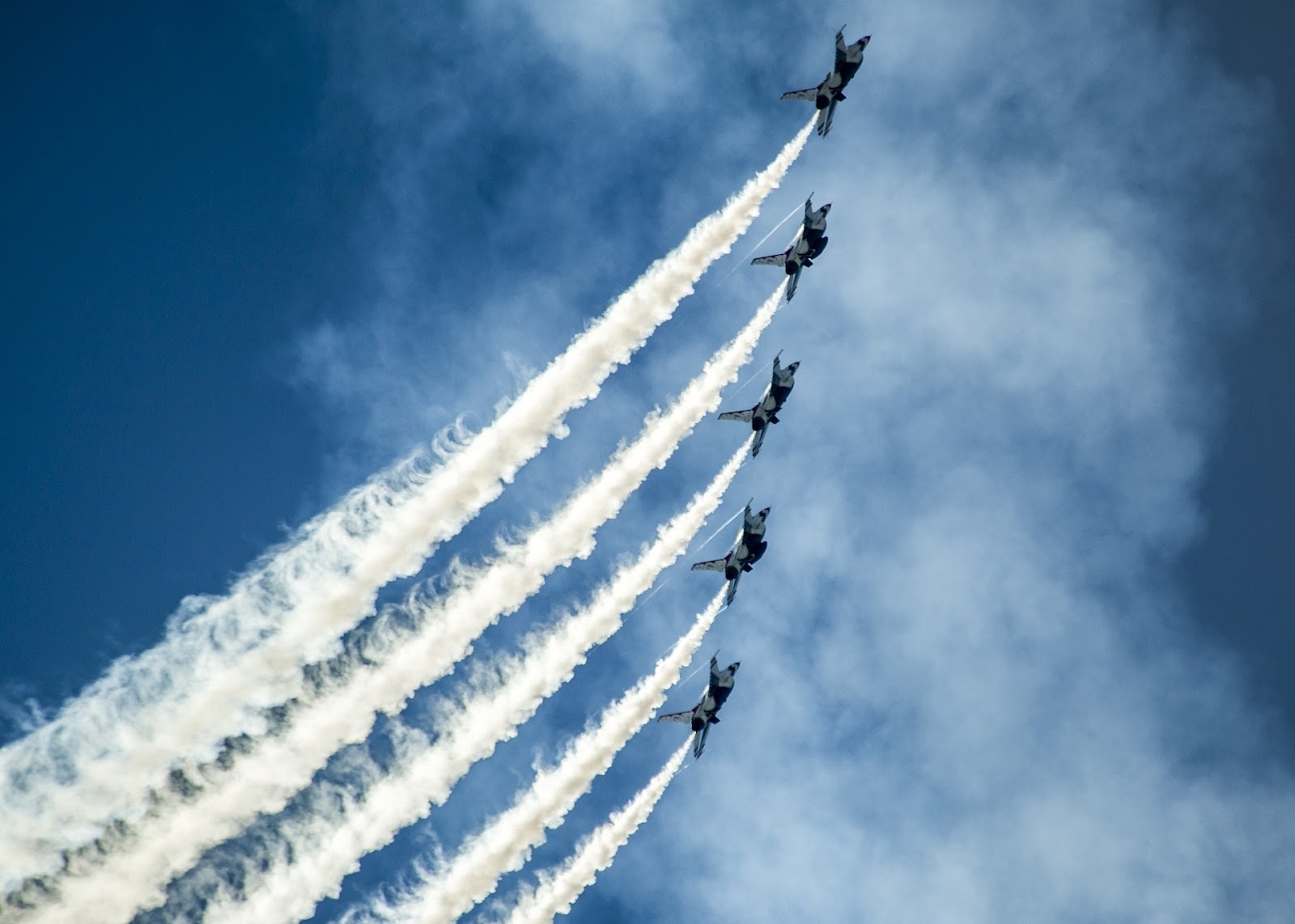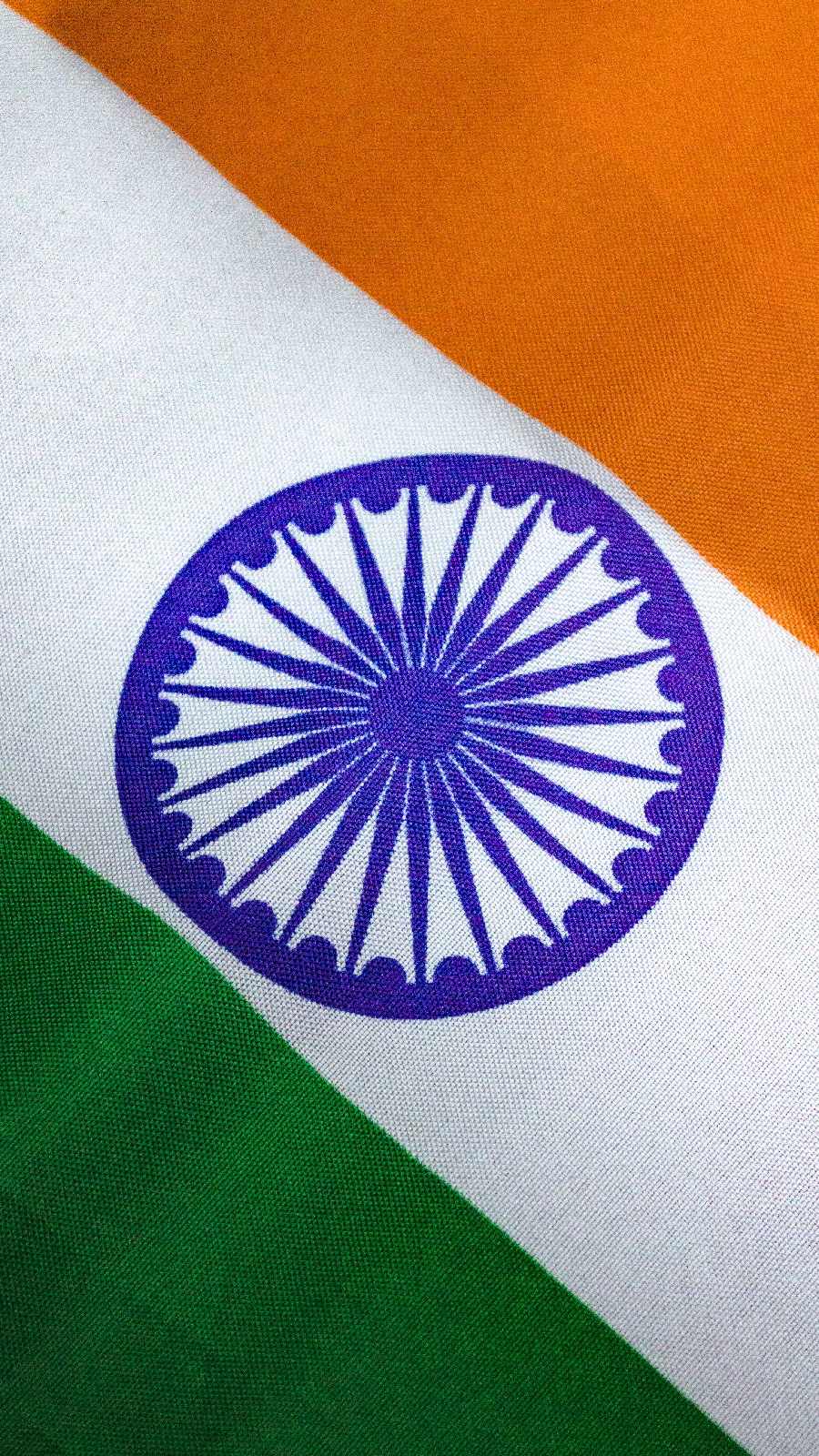Protecting Islamic Interests: The OIC swiftly responds to incidents that pose a threat to Muslims or Islam anywhere in the world. When the Quran was burned in Sweden under the guise of free speech, the OIC promptly issued a statement condemning the act. Similarly, when Israel attacked a refugee camp in Genuin, West Bank, resulting in the loss of Palestinian lives, the OIC reacted strongly, demanding the protection of the Palestinian people. Even during Hindu-Muslim riots in India on the day of Ram Navami, the OIC condemned the violence. The infamous incident involving Nupur Sharma's comments on Prophet Muhammad led to strong protests by 16 countries, and the OIC issued a statement denouncing such remarks that impact Islamic interests.
Origins of the OIC: The OIC was established in 1969 after a series of events. Masjid Al-Aqsa in Palestine, also known as Temple Mount, held immense significance for Muslims. It was the initial direction of prayer (Qibla) for Muslims before it was changed to the Kaaba in Mecca. In 1969, an Australian resident named Dennis Michael Rohan attempted to set fire to Masjid Al-Aqsa, causing significant damage. This incident sparked outrage among Muslims worldwide, leading to 25 Muslim-majority countries submitting a complaint to the United Nations Security Council. Consequently, the Security Council passed a resolution against Israel, resulting in the formation of the OIC.
The Role of Al-Aqsa Mosque: Masjid Al-Aqsa holds historical and religious importance for Muslims. It was once considered the Qibla, where Muslims would face while praying. However, the direction of prayer was changed to the Kaaba in Mecca due to a revelation received by the Prophet Muhammad during his prayer. The incident took place in Madina, where the Prophet, while leading a congregation in prayer, was instructed by the Angel Jibreel to turn towards the Kaaba. This pivotal moment shifted the Qibla from Masjid Al-Aqsa to the Kaaba, which remains the direction of prayer for Muslims worldwide.
Formation of the OIC: In response to the burning of Masjid Al-Aqsa, Muslim countries organized the first Islamic summit in Rabat, Morocco, in September 1969. Twenty-four Muslim-majority countries participated, aiming to address the growing challenges faced by the Muslim world. After that, in 1972, the first Islamic Conference of Foreign Ministers was held in Jeddah, Saudi Arabia, leading to the formation of the Organization of Islamic Conference (now known as the Organization of Islamic Cooperation). The OIC's objectives include saving Islamic social and economic values, promoting scientific and technological advancements, maintaining international peace and security, and enhancing education.
India and the OIC: Despite India having the third-largest Muslim population globally, it is not a member of the OIC. Pakistan, a founding member of the OIC, has been hindering India's attempts to join, citing alleged human rights violations in the Kashmir region. However, recent developments, such as India's participation in the OIC's Foreign Minister Summit in 2019, indicate a potential shift in Pakistan's stance. India's engagement with the OIC could be a significant step towards inclusion and cooperation among the Muslim world.
Conclusion: The OIC plays a crucial role in representing the collective voice of Muslims worldwide and safeguarding their interests. It responds promptly to incidents that impact Islamic values and seeks to ensure the protection of Muslim communities globally. By understanding the OIC's origins and purpose, we gain insights into the organization's significance and its potential to foster unity among Muslim nations. As we move forward, it is essential to encourage dialogue and collaboration among diverse nations for a more peaceful and inclusive world.
Thankyou 🙏









0 Comments